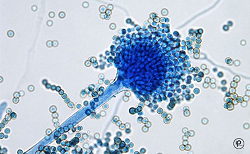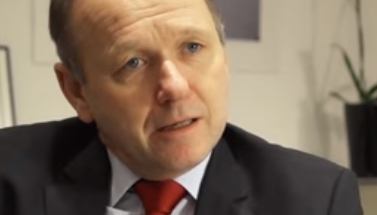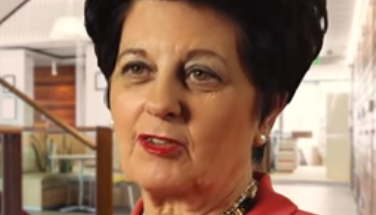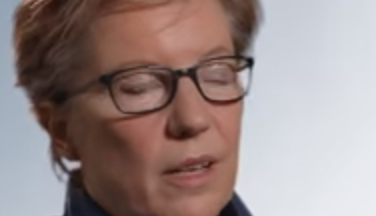Lecture Overview
In his first lecture, Dustin explains that adaptive immunity allows an individual to specifically recognize and respond to a vast number of molecules. B cells recognize intact antigens and produce neutralizing antibodies. T cells, on the other hand, have receptors on their surface that recognize very small antigen fragments bound to MHC on the surface of antigen presenting cells (APC). Dustin explains that T cells overcome the challenges of finding and binding to the APCs with the help of a multitude of adhesion molecules. Once the T cell receptor has bound a peptide antigen, an immunological synapse, with its typical bulls-eye structure, is formed resulting in T cell activation.
In Part 2, Dustin describes how a reconstituted system has allowed the immunological synapse to be studied in molecular detail. It is possible to visualize the localization of signaling molecules such as kinases, and determine the role of the actin cytoskeleton in regulating this localization. Dustin also touches on the role of the immunological synapse in autoimmune disease and cancer.
In his last lecture, Dustin presents work from his lab showing that T cell receptor enriched vesicles are generated in the immunological synapse. These vesicles can be transferred to B cells leading to activation of the B cells and, potentially, the production of higher specificity antibodies.
Speaker Bio
Michael Dustin is Professor of Immunology and Director of Research at The Kennedy Institute of Rheumatology at the University of Oxford. Prior to joining the Kennedy Institute, Dustin was a faculty member at the Skirball Institute of Biomolecular Medicine at New York University from 2001-2013 and at Washington University School of Medicine from 1993-2000. Dustin received his BA in Biology from Boston University and his PhD in Cell and Developmental Biology from Harvard University. As described in his iBioSeminar, Dustin’s lab studies the molecular events that take place at the immunological synapse. Future research will focus on developing therapies targeted to the immunological synapse to cure chronic inflammatory illnesses such as rheumatoid arthritis. Dustin is an active participant in the immunology community; he is a member of numerous grant review committees and journal editorial boards. His research has been recognized with many awards including the 2000 Presidential Early Career Award in Science and Engineering and the 2012 DART-NYU Biotechnology Achievement Award.
Medical and Patient education videos
-
Title
Description
-

Healthy Buildings 2015 Europe – Eindhoven, The Netherlands
-

Healthy Buildings 2015 Europe – Eindhoven, The Netherlands
-

Healthy Building 2015, Eindhoven, The Netherlands
-

From Healthy Buildings 2015, Eindhoven, The Netherlands
-

Stewart Armstrong is an aspergillosis patient. A very fit young man he has opted to launch his own campaign to raise awareness and fundraise for Aspergillosis Research.
-

European Respiratory Society: The current difficult econominc and financial environment is causing significant differences in the treatment of resiratory disease across europe.
-

European Respiratory Society: Speeding up the development of new treatment by removing barriers to progress.
-

European Respiratory Society: Personalised medication and telehealth are transforming the way disease is prevented, treated and managed.
-

European Respiratory Society: Current thinking regarding the importance of nutritional science in the management and prevention of COPD.
